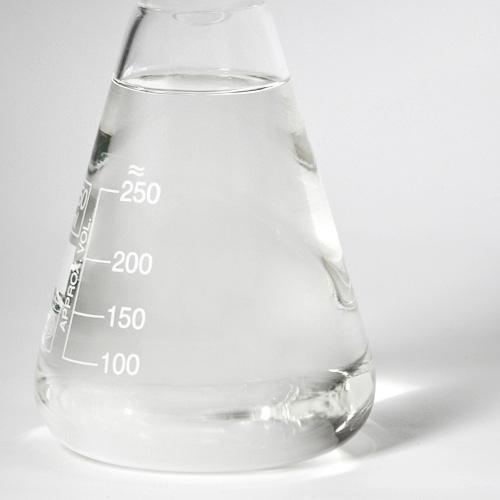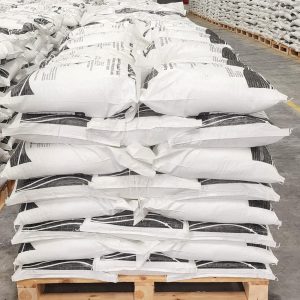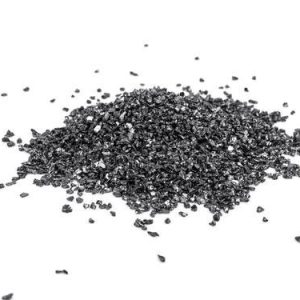Acrylic Acid: A Versatile Monomer for Polymers and Coatings
Acrylic acid (C3H4O2) is an organic compound and a key monomer used in the production of various polymers, resins, and coatings. It is a colorless liquid with a pungent odor, known for its ability to undergo polymerization, forming acrylate polymers.
Properties of Acrylic Acid
- Chemical Structure: Acrylic acid consists of a vinyl group and a carboxylic acid group, making it highly reactive.
- Boiling Point: Approximately 141°C (285.8°F).
- Solubility: Soluble in water and most organic solvents.
- Reactivity: It can polymerize rapidly when exposed to heat or light, making it a versatile building block for synthetic materials.
Applications of Acrylic Acid
- Adhesives and Sealants:
- Used in the formulation of adhesives for its excellent binding properties.
- Enhances the performance of sealants in construction and automotive industries.
- Coatings and Paints:
- Acts as a precursor for producing acrylic resins, which are widely used in paints and coatings.
- Provides durability, weather resistance, and glossy finishes in automotive and industrial coatings.
- Superabsorbent Polymers (SAPs):
- A primary component in the manufacture of SAPs, used in diapers, adult incontinence products, and agricultural applications.
- SAPs can absorb and retain large amounts of liquid, making them essential in hygiene products.
- Textiles and Fibers:
- Used to produce acrylic fibers, which are lightweight, soft, and resistant to moths and chemicals.
- Improves the dyeing properties of textiles.
- Water Treatment:
- Used in water treatment processes to create water-soluble polymers that help in coagulation and flocculation, aiding in water purification.
Safety and Handling
Acrylic acid is corrosive and can cause severe irritation to the skin, eyes, and respiratory system. It should be handled with care, using appropriate personal protective equipment (PPE) such as gloves, goggles, and masks. Storage should be in a cool, well-ventilated area, away from sources of ignition and incompatible materials.
Conclusion
Acrylic acid is a crucial industrial chemical with wide-ranging applications in adhesives, coatings, superabsorbent polymers, textiles, and water treatment. Its ability to polymerize and enhance material properties makes it indispensable in various industries.




